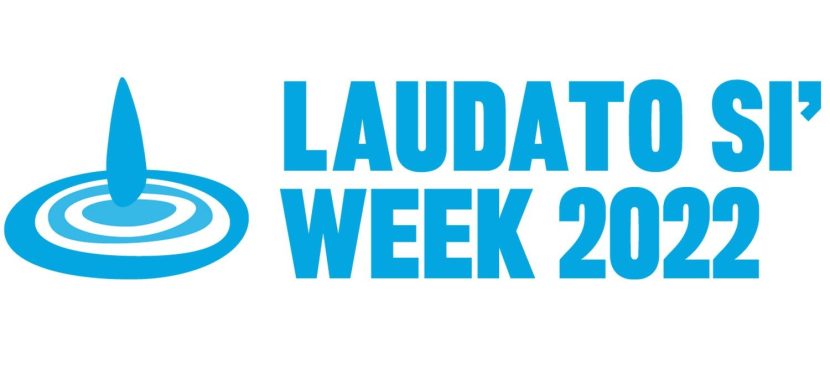By Frank Sherman
“Each of us – whoever and wherever we may be – can play our own part in changing our collective response to the unprecedented threat of climate change and the degradation of our common home.”
Pope Francis, October 2021
The global Catholic Church celebrates Laudato Si’ Week 2022 over May 22-29 to mark the seventh anniversary of Pope Francis’ landmark encyclical on care for creation. It is meant to be a celebration, showing the world how much the Church has changed in these seven years by inspiring millions of Catholics to bring the whole human family together to protect our common home.
There are several resources available to participate in the week-long celebration including the Laudato Si’ Week website and the 7 Laudato Si’ Goals with online and offline activities as well as resources for prayer, study and action. The events will focus on biodiversity, responding to the cry of the poor, divestment, education, and eco-spirituality. The Catholic Climate Covenant is hosting an online discussion on Tuesday, May 24th at 12 p.m. CT to spotlight U.S. diocesan efforts to uplift Laudato Si’ (register here).
Also coming next week are annual shareholder meetings for some of America’s biggest corporate greenhouse gas (GHG) emitters including ExxonMobil, Chevron and Amazon. Amazon received a record 20 shareholder resolutions, 4 of which were filed by SGI members. ExxonMobil received 8 proposals, half of which were filed by our members while SGI members filed 2 of the 7 proposals at Chevron.
Many of these proposals asked for more climate disclosure, GHG reduction targets or transition plans. One such proposal filed with both Exxon and Chevron asks for an audited report assessing how applying the International Energy Agency’s “Net Zero by 2050” pathway would affect company financial statements, including carbon prices, retirement obligations and capital expenditures. Companies must adequately reflect the impacts of the climate crisis and the clean energy transition in their financial reporting if shareholders are to have confidence that their capital is being effectively allocated and assets do not become stranded. This is especially crucial for companies like Exxon and Chevron, whose business strategy appears to be built on continuing growth in demand for hydrocarbons for the next several decades.
The latest Intergovernmental Panel on Climate Change (IPCC) report delivered a sobering message: we’re already experiencing the devastating impacts of climate change and continuing the current trajectory equals catastrophe. Governments, businesses and civil society must do more before it’s too late. So as your communities and organizations celebrate the progress made in the past 7 years, SGI members are doing their part to impact the structure drivers of climate change through corporate engagements.




